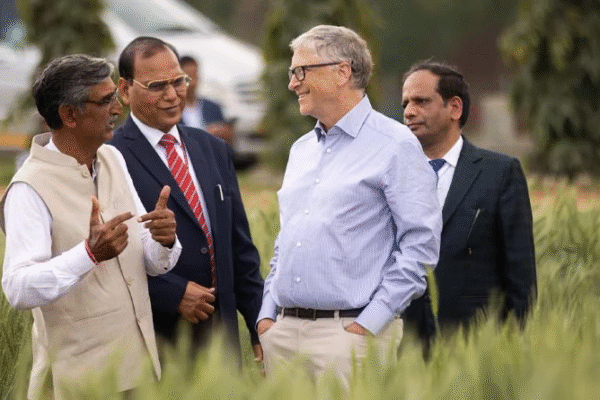

Delhi Baba Sexual Harassment Case: 17 Women Accuse Swami of Abuse
The Delhi Baba sexual harassment case has shocked the national capital. Seventeen women have accused Swami Chaitanyananda Saraswati of sexual misconduct.
He served as the director of Sri Sharda Institute of Indian Management in Vasant Kunj. The institute provides scholarships to students from the Economically Weaker Sections (EWS).
According to the police, the swami sent lewd texts, used abusive language, and made unwanted physical contact. Moreover, he targeted female students living in the institute’s hostel.
Delhi Baba Sexual Harassment Case: Victims Say Staff Pressured Them to Comply
In their statements, the women revealed another disturbing detail. Faculty members and administrative staff allegedly pressured them to obey the swami.
Some hostel wardens even introduced the students to him. Because of this, the victims felt helpless and isolated.
The police acted after receiving these statements. Consequently, they registered a case for sexual harassment and other serious charges. Deputy Commissioner Amit Goyal confirmed that 32 students have been interviewed so far.
Out of those, 17 women directly accused Swami Chaitanyananda of abuse.
Police Seize Car With Fake Embassy Plates, Swami Still Missing
During the investigation, police made a shocking discovery. They found a Volvo car with fake diplomatic number plates (39 UN 1) in the basement of the institute.
As a result, the vehicle has been seized. The plates were confirmed to be forged.
Despite several raids in Delhi and near Agra, the accused is still missing. However, police teams are actively tracking his movements.
Meanwhile, the ashram has removed him from all posts. In addition, the Sri Sharada Peetha of Sringeri released a statement condemning his actions and cutting all ties.
👉 Know your legal rights: Sexual harassment laws in India

NewsHasghag operates a 24/7 news bureau that tracks the real-time, social media-driven stories from India and around the world, keeping you ahead of the day’s key talking points. Our digital-first approach transforms storytelling through the seamless integration of data, interactive charts, video, and audio into every narrative









